SEATTLE, USA: A study conducted at the University of Washington has suggested that desensitization programs, including repeated visits, could help many children with autism spectrum disorder (ASD) receive needed dental care. The researchers evaluated the effectiveness of a dental desensitization protocol for children with ASD and determined characteristics associated with a successful dental examination.
Lead author of the study and clinical associate professor in the Department of Pediatric Dentistry at the university Dr. Travis Nelson explained that children with autism are less likely to receive dental care than their typically developing peers. In many cases, this is due to behavioral limitations. However, the researchers found that, given the opportunity to practice dental skills at their own pace, the majority of patients with autism in the study were able to sit for an examination with a dental mirror.
Overall, 168 children with ASD who participated in a university-based dental desensitization program were included in the study, and the authors performed a retrospective review of their clinical behavioral data and pre-visit questionnaires. More than 77 percent of the children were able to receive an examination within one to two dental visits with desensitization protocols and 88 percent within five visits, according to the study.
Desensitization was effective in achieving a minimal threshold examination while seated in a dental chair for most children. Those with characteristics consistent with a milder presentation of ASD were more likely to be able to undergo successful dental examination.
“The protocols we used are very simple and could be implemented elsewhere to help children with autism access needed dental services,” Nelson said.
The study, titled “Predicting successful dental examinations for children with autism spectrum disorder in the context of a dental desensitization program,” was published in the July issue of the Journal of the American Dental Association.
Tags:
CHARLESTON, S.C., U.S.: Autism affects a child’s social skills. Even simple tasks, such as scheduling an appointment at a dentist’s office, may often be...
The number of children with autism spectrum disorder is on the rise, and the challenges they face are plentiful and include problems in maintaining a ...
DURBAN, South Africa: As the number of reported cases of children with autism spectrum disorder (ASD) continues to climb across the globe, the special ...
DUBAI, UAE: For individuals with autism, a trip to the dentist poses a range of serious challenges, which can include sensory overstimulation, departure ...
GILLINGHAM, UK: For the second consecutive year, Henry Schein UK has provided dental supplies to a team from North Carolina in the US providing treatment to...
Cervical dentin hypersensitivity is a common phenomenon and affects an increasing number of young adults. Today, more than 30% of the adult population in ...
BORDEAUX, France: Research on children with severe or complex obesity suggests that oral health is often sidelined, despite its close links to overall ...
The Digital Smile Design (DSD) protocol developed by Dr Christian Coachman is an important part of daily work at our practice. It is an integral way of ...
PLYMOUTH, UK/MANDAUE CITY, Philippines: Supporting UK charity Dentaid, two dental experts from Plymouth University Peninsula School of Dentistry will be ...
GENEVA, Switzerland/NEW YORK, US: Orofacial clefts are the most common birth defects in the US. Children with orofacial clefts can be at an increased risk ...
Live webinar
Tue. 24 February 2026
1:00 pm EST (New York)
Prof. Dr. Markus B. Hürzeler
Live webinar
Tue. 24 February 2026
3:00 pm EST (New York)
Prof. Dr. Marcel A. Wainwright DDS, PhD
Live webinar
Wed. 25 February 2026
11:00 am EST (New York)
Prof. Dr. Daniel Edelhoff
Live webinar
Wed. 25 February 2026
1:00 pm EST (New York)
Live webinar
Wed. 25 February 2026
8:00 pm EST (New York)
Live webinar
Tue. 3 March 2026
11:00 am EST (New York)
Dr. Omar Lugo Cirujano Maxilofacial
Live webinar
Tue. 3 March 2026
8:00 pm EST (New York)
Dr. Vasiliki Maseli DDS, MS, EdM



 Austria / Österreich
Austria / Österreich
 Bosnia and Herzegovina / Босна и Херцеговина
Bosnia and Herzegovina / Босна и Херцеговина
 Bulgaria / България
Bulgaria / България
 Croatia / Hrvatska
Croatia / Hrvatska
 Czech Republic & Slovakia / Česká republika & Slovensko
Czech Republic & Slovakia / Česká republika & Slovensko
 France / France
France / France
 Germany / Deutschland
Germany / Deutschland
 Greece / ΕΛΛΑΔΑ
Greece / ΕΛΛΑΔΑ
 Hungary / Hungary
Hungary / Hungary
 Italy / Italia
Italy / Italia
 Netherlands / Nederland
Netherlands / Nederland
 Nordic / Nordic
Nordic / Nordic
 Poland / Polska
Poland / Polska
 Portugal / Portugal
Portugal / Portugal
 Romania & Moldova / România & Moldova
Romania & Moldova / România & Moldova
 Slovenia / Slovenija
Slovenia / Slovenija
 Serbia & Montenegro / Србија и Црна Гора
Serbia & Montenegro / Србија и Црна Гора
 Spain / España
Spain / España
 Switzerland / Schweiz
Switzerland / Schweiz
 Turkey / Türkiye
Turkey / Türkiye
 UK & Ireland / UK & Ireland
UK & Ireland / UK & Ireland
 Brazil / Brasil
Brazil / Brasil
 Canada / Canada
Canada / Canada
 Latin America / Latinoamérica
Latin America / Latinoamérica
 USA / USA
USA / USA
 China / 中国
China / 中国
 India / भारत गणराज्य
India / भारत गणराज्य
 Pakistan / Pākistān
Pakistan / Pākistān
 Vietnam / Việt Nam
Vietnam / Việt Nam
 ASEAN / ASEAN
ASEAN / ASEAN
 Israel / מְדִינַת יִשְׂרָאֵל
Israel / מְדִינַת יִשְׂרָאֵל
 Algeria, Morocco & Tunisia / الجزائر والمغرب وتونس
Algeria, Morocco & Tunisia / الجزائر والمغرب وتونس
 Middle East / Middle East
Middle East / Middle East
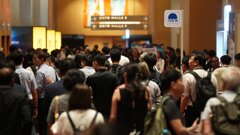




















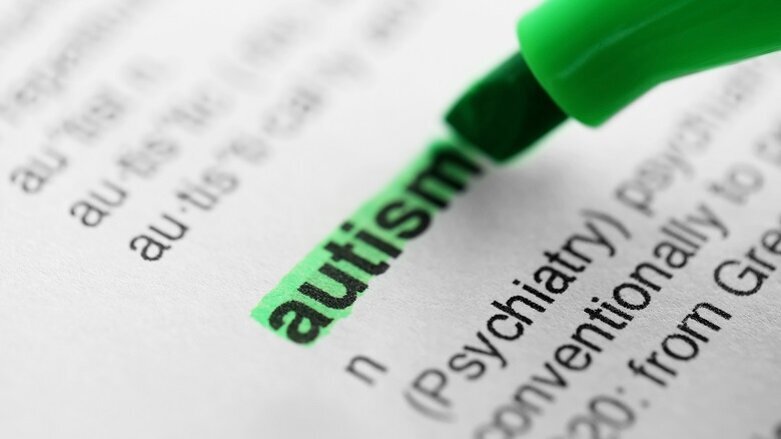



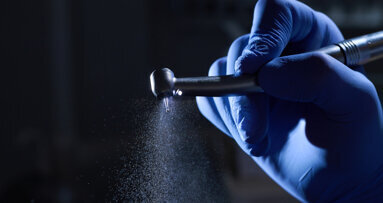
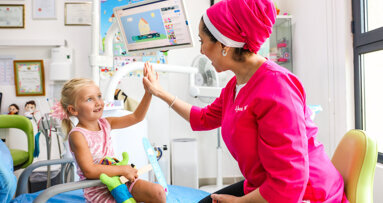

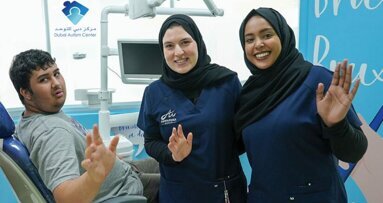
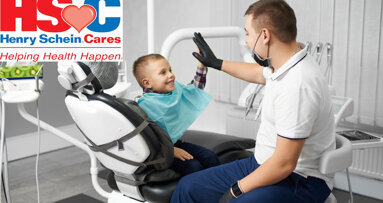
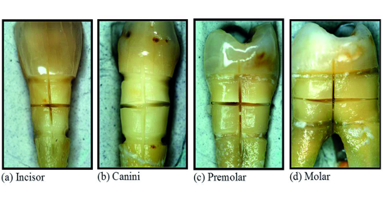

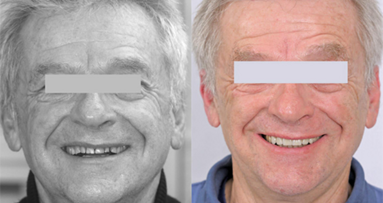
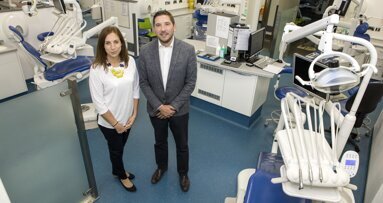
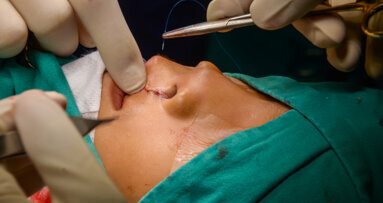









Hello,
I would love to learn more about your study. I work with children with ASD and currently one of our kiddos needs a desensitization program for visiting the dentist. I would love to learn about your protocol to see if it might be beneficial for my kiddo. I look forward to hearing from you.
Thank you,
Nicole